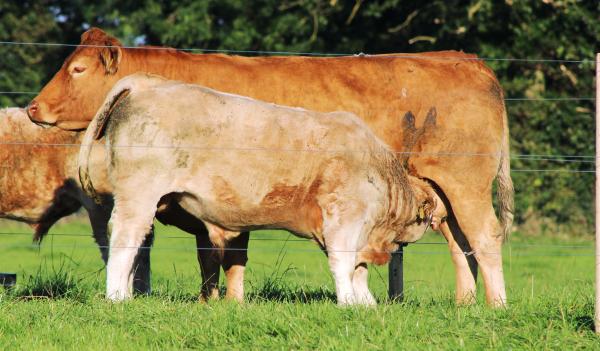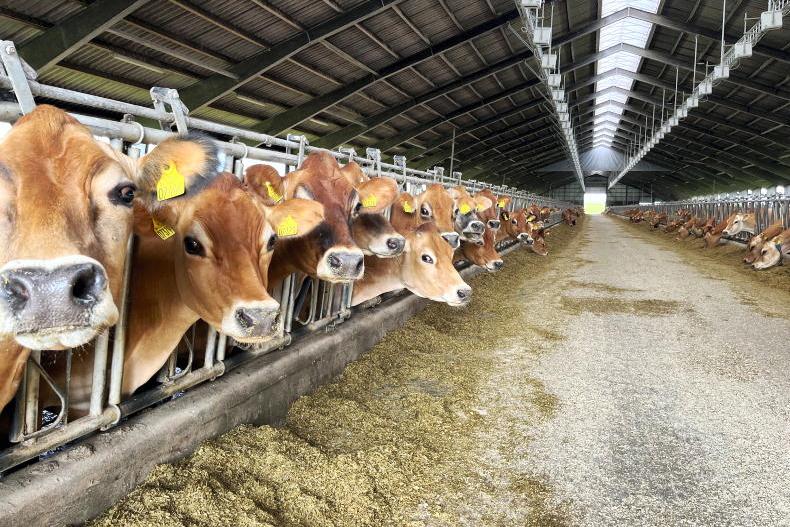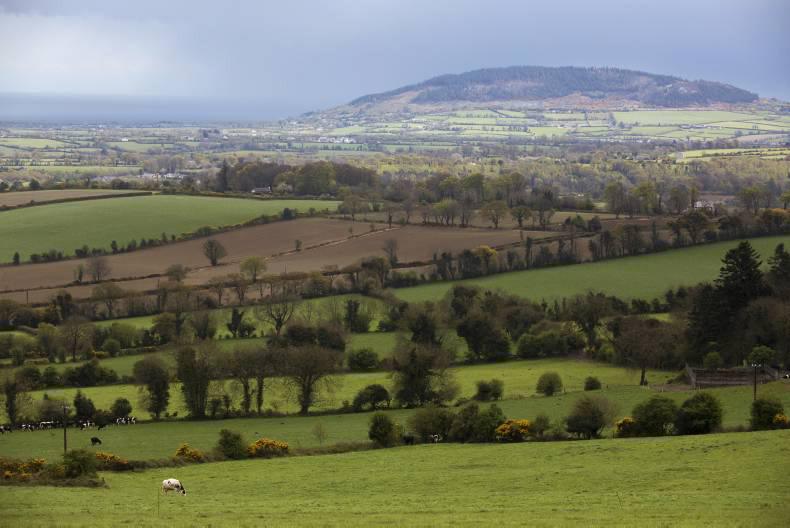The possibility of an advance on the 2014 Single Farm Payment being paid next month has been ruled out by Agriculture Minister Michelle O’Neill.
The issue was recently raised by the Ulster Farmers’ Union, who had suggested that DARD follow the example set by other member states such as the Republic of Ireland, which has for a number of years paid 50% of the SFP in mid to late October.
“We want to get to a position to make advance payments but we won’t be making advance payments this year,” Minister O’Neill told MLAs on the Stormont Agriculture Committee this week. However, she did say that DARD would endeavour to get more payments out this December than in previous years. Last year 90% of SFP claimants received their money in December.
Ongoing work
According to the Minister, ongoing work to re-map fields in NI, and also update the system after up to 11,000 SFP entitlements were traded this year, has made it impossible to get all validation processes completed by mid-October (the deadline if a payment is to be made then).
Next year, there is the massive upheaval that will come from the new CAP system of payments.
Already, some paying agencies in various member states have suggested that they will struggle to get money paid in December. It means that an advance payment in NI next year looks highly unlikely. If early payments are to be made in future years, eligibility inspections by way of remote-sensing (using a satellite image) are vital.
After the problems of last year, when two distinct areas were chosen, which resulted in a high proportion of farmers in these areas facing significant delays in payment, DARD has decided that remote-sensing inspections this year will not be as concentrated. Rather than two areas, four areas have been chosen with the aim to pay 500 remote-sensing inspection cases (out of a total of around 1,200) in December, said Minister O’Neill.
Farmers who are chosen to have a remote-sensing inspection are unlikely to know until late November and only if their payment is to be delayed.
The 3,500 people who applied for Level II training, so as to be eligible to receive the young farmer top-up under the next CAP, can expect a letter from DARD this week outlining what is expected from them if they are to comply with the requirement to be ‘‘head of holding’’.
Evidence is likely to include proof that the young farmer is named on the main farm bank account, is VAT-registered and registered for self-employed income.
“We will check the position is being maintained. If they are genuinely‘‘head of holding’’, claimants will not find it difficult,” said DARD’s head of policy and economics, Norman Fulton.
He said DARD had anticipated that around 1,000 people would apply for the Level II training, and with the young farmer scheme budget limited to 2% of direct payments (€6.5m/year), it is likely that the top-up will have to be significantly scaled back, unless people drop out.
Those who intend applying for the scheme, but perhaps not in a position to be ‘‘head of holding’’ in 2015 can wait.
The scheme will be open in subsequent years for new applicants. The top-up lasts for five years, meaning that a young farmer who applies in 2017 could receive the top-up to 2021. But that takes the payment beyond the current CAP reform period (ends in 2019), and we could face a different scenario after that.
Meanwhile, Agriculture Minister Michelle O’Neill raised concerns about the lack of clarity around 50:50 partnerships and ‘‘head of holding’’ when she met Agriculture Commissioner Dacian Ciolos in Brussels earlier this month. The issue has also been raised by local MEP Jim Nicholson in a meeting with new Commissioner designate, Phil Hogan.









SHARING OPTIONS